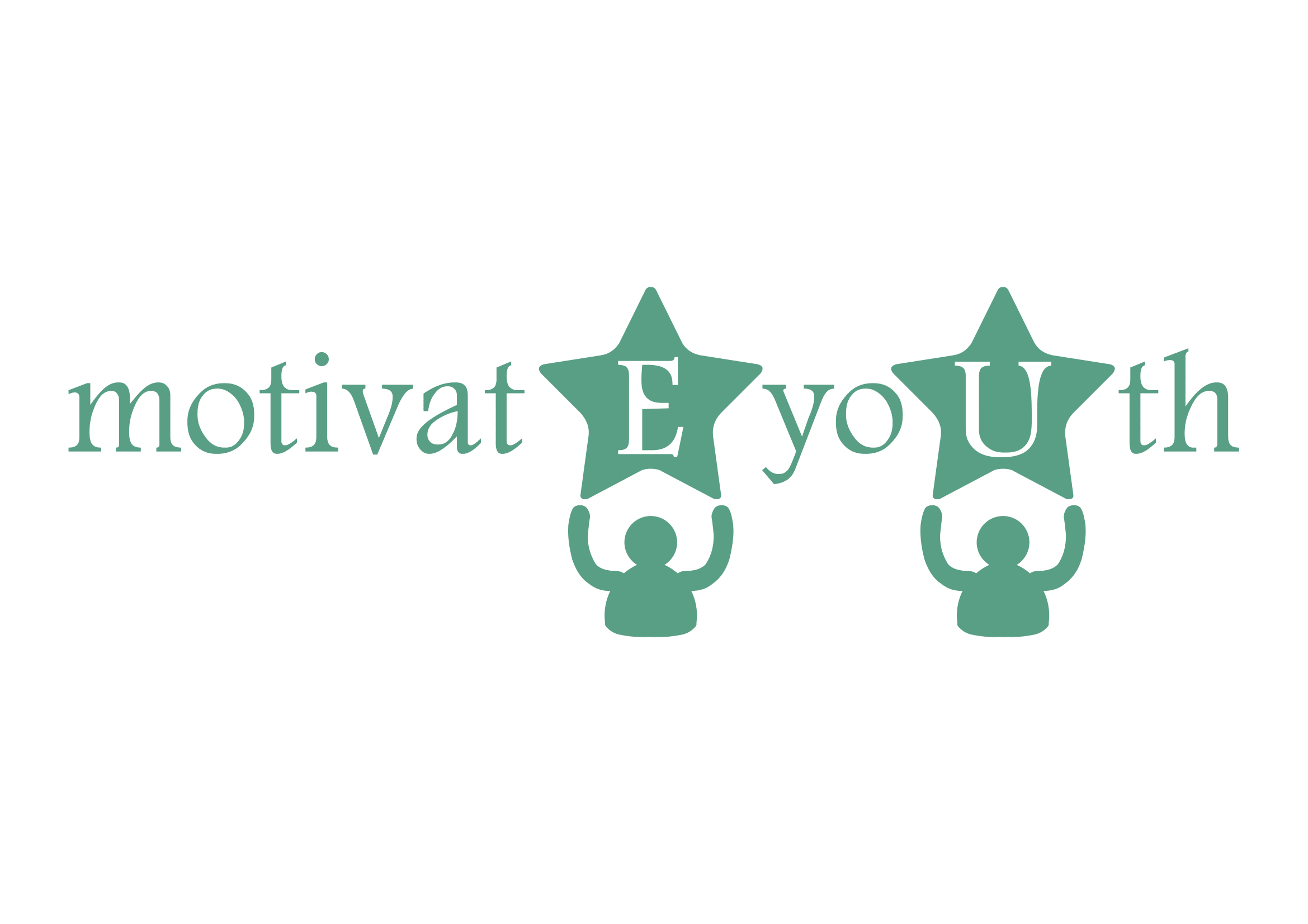We have just turned the page in the calendar and started a new year. The last few years have been marked by the global pandemic that has shaken the world, but what does 2022 look like? The European Union is in no doubt: 2022 must be the year of the youth. This is what President von der Leyen announced in her 2021 State of the Union address, declaring 2022 the European Year of Youth.
According to the EU Youth Report, until the end of 2019 youth access to opportunities, regarding education, employment, mobility and democratic participation were continuously improving. Nevertheless, the start of the pandemic resulted in a discontinuity of education, training and other learning activities, loss of employment and career opportunities, social isolation and mental health issues. Moreover, in 2020, in the context of the pandemic, young peoples’ unemployment rates in EU-27 increased from 11.9% in 2019 to 13.3%.
Education, and in particular Early School Leaving, plays a major role in youth employment. It is well known that early leavers from education and training may face considerable difficulties in the labour market: for example, they can find it difficult to obtain a secure foothold as employers may be more reluctant to take them on with their limited education.
The strategic framework for European cooperation in education and training (known as ET 2020) adopted a benchmark to be achieved by 2020, namely, that the share of early leavers from education and training in the EU should be not more than 10 %. With 9.9 %, this target was just met in 2020 although many state members are still above the line for the EU-level target 2030.
Once again, the COVID-19 pandemic has affected and put unprecedented pressure on education and training systems worldwide and across the European Union. Restrictions have caused major changes to teaching and learning and to communication and collaboration within education communities. These restrictions have had an impact on learners, their families, teachers, trainers, researchers and institution leaders, as well as on community professionals who support education and youth.
The pandemic has highlighted pre-existent socio-economic inequalities in children’s learning opportunities at home. Entire groups of learners, including those from remote and rural areas, migrants and refugees, young people with special needs and other disadvantaged backgrounds, have risked being excluded from online teaching and learning.
Hence, despite the progress made in the last few decades in relation to education and employment opportunities for young people, we still face the strong phenomenon of Early School Leaving. Especially after the pandemic started, young people had faced new difficulties and barriers which might be causing again an increase in Early School Leaving numbers.
On the basis of the above, the European Commission states that because of the pandemic it is as essential as ever to reduce structural barriers to learning and skills development affecting young people’s employment prospects and participation in society. In fact, in order to honour and support the young generation, to encourage all young people, to promote opportunities and to inspire them, the European Union has made the 2022 ‘The Year of Youth’.
Sources:
European Commission. Commission kick-starts work to make 2022 the European Year of Youth. Press release. 14 October 2021. Online link: https://ec.europa.eu/commission/presscorner/detail/en/IP_21_5226
European Commission. Report from The Commission to the European Parliament, The Council, The European Economic and Social Committee and The Committee of the Regions on the implementation of the EU Youth Strategy (2019-2021). 14 October 2021. Online link: https://ec.europa.eu/transparency/documents-register/detail?ref=COM(2021)636&lang=en
Eurostat: Statistics Explained. Early leavers from education and training. Data extracted in June 2021. Online link:


